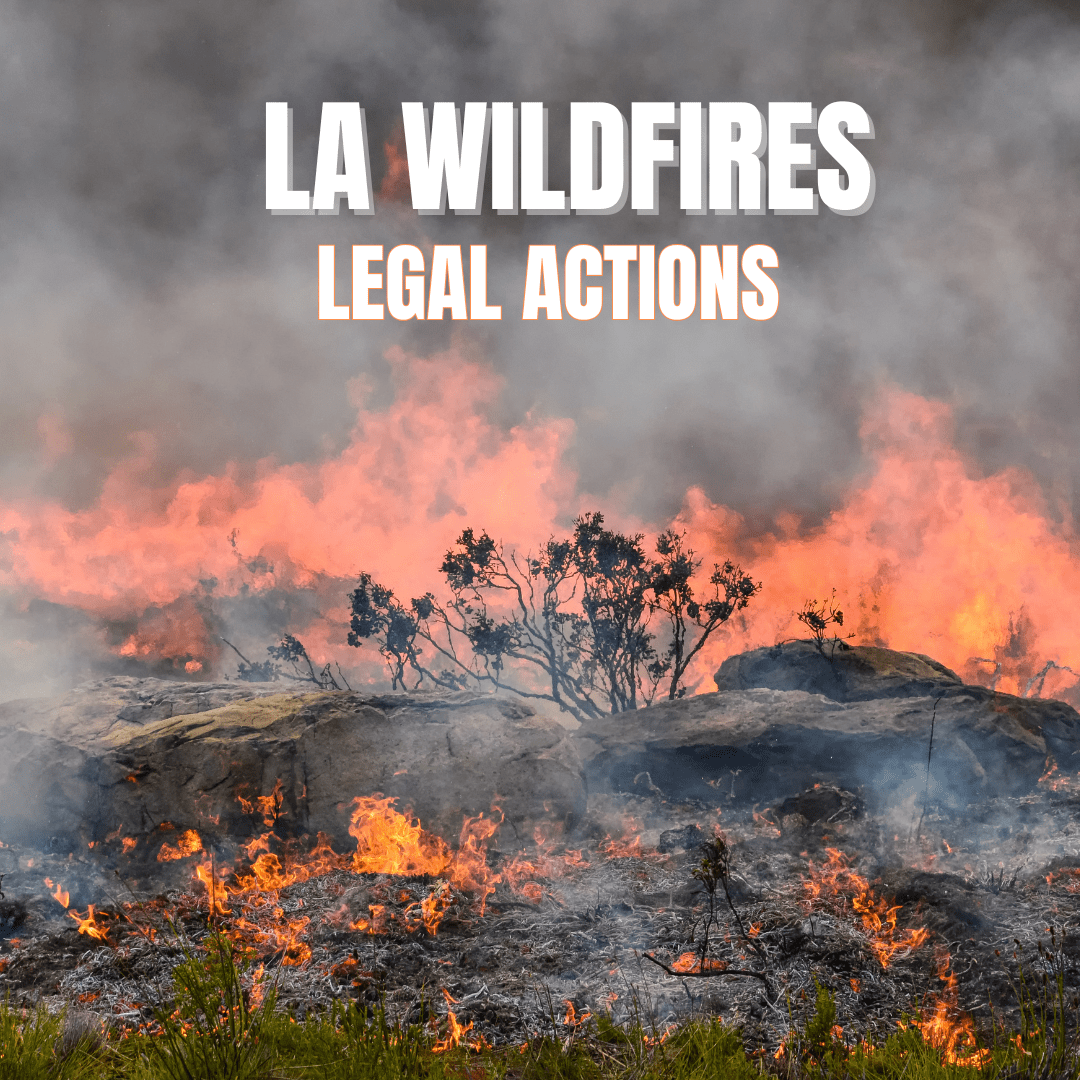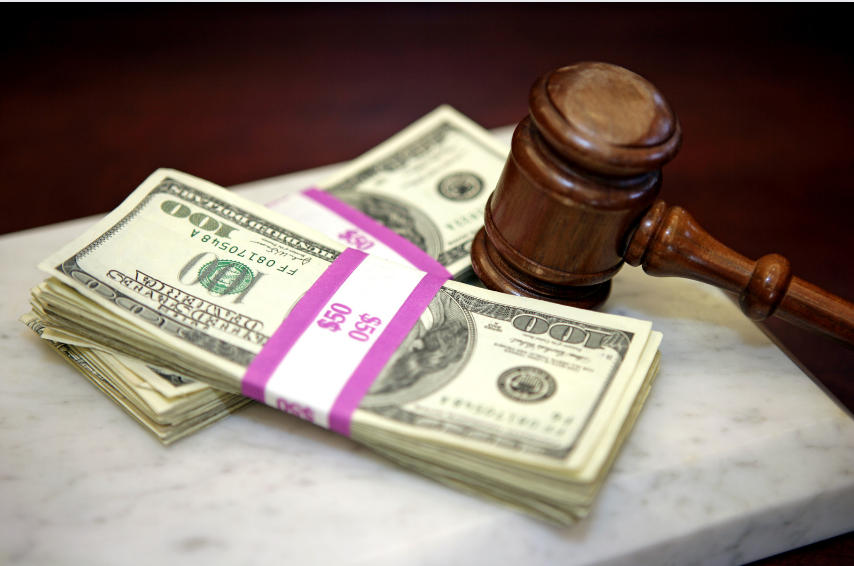The 2025 LA wildfires have left a devastating toll, destroying thousands of structures, displacing families, and tragically taking lives. As victims navigate recovery, legal action is emerging to hold responsible parties accountable, with lawsuits targeting utility providers, municipalities, and other entities whose negligence may have contributed to the fires.
Law firms handling wildfire litigation, streamline your complex cases. Contact us for comprehensive Case Management Support Services.
Lawsuits Against Southern California Edison (Eaton Fire)
Victims of the Eaton Fire in Altadena are filing lawsuits against Southern California Edison (SCE), alleging that its negligence caused the fire. Initial claims argue that SCE failed to maintain its electrical equipment and did not de-energize power lines despite National Weather Service Red Flag Warnings of high winds and dry conditions. Evidence, including video footage and electrical monitoring data, suggests that SCE’s equipment may have ignited the fire, which burned over 14,000 acres and led to at least 24 fatalities. While SCE denies responsibility, plaintiffs are seeking compensation for property loss, personal injury, evacuation costs, and emotional distress. Additionally, punitive damages are being pursued to hold SCE accountable for its alleged failure to prevent a foreseeable disaster.
Inverse Condemnation Claims: Holding Utilities Accountable
Beyond negligence claims, lawsuits against SCE also invoke California’s inverse condemnation doctrine, which holds utilities financially liable for fire damage caused by their equipment, regardless of fault. This strict liability standard could significantly impact settlement payouts, forcing SCE to compensate victims for losses even if negligence is not proven. Investigations by CAL FIRE and the ATF are ongoing and will play a key role in determining liability, influencing potential settlements or jury verdicts.
Palisades Fire: Infrastructure Failures and Liability
The legal strategy for the Palisades Fire lawsuits has so far focused on inverse condemnation claims related to municipal failures. Plaintiffs argue that the city’s failure to maintain an adequate water supply severely hindered firefighting efforts, worsening the destruction. A critical factor in these claims is a 117-million-gallon water reservoir that was left out of service for nearly a year, which plaintiffs assert directly impacted fire suppression efforts. However, California law (Government Code §850) generally shields municipalities from liability for failing to provide fire protection services. To overcome this hurdle, plaintiffs will focus on infrastructure failures, rather than emergency response deficiencies, as a legal basis for municipal accountability.
What’s Next for Edison?
Utilities with a history of wildfire negligence have faced significant financial consequences. PG&E’s liabilities exceeded $30 billion, leading to bankruptcy. PacifiCorp was found grossly negligent for the 2020 Oregon wildfires and faces up to $46 billion in claims. With Edison’s history of fire-related lawsuits—including the 2017 Thomas Fire and 2018 Woolsey Fire—substantial settlements or verdicts are likely. The lawsuits against Edison will send a strong message: utilities that put profits over safety will be held accountable. For fire victims, securing fair compensation—not just becoming part of another mass tort machine—should be the priority.
Seeking Justice for Wildfire Victims
These lawsuits are part of a broader fight for justice, not only securing financial relief for victims but also pushing for stronger fire prevention and corporate accountability. Whether through negligence claims, inverse condemnation, or municipal liability challenges, attorneys representing wildfire victims are committed to ensuring that those responsible for preventable disasters face the consequences of their actions At Verus, we understand the complexities of mass tort litigation and the need for expert support in managing claims, data, and case administration. Our experienced team is ready to assist law firms and legal teams handling these cases, providing the technology, processes, and resources needed to streamline mass tort and class action claims. Contact Verus today to learn how we can support your firm in wildfire litigation.







